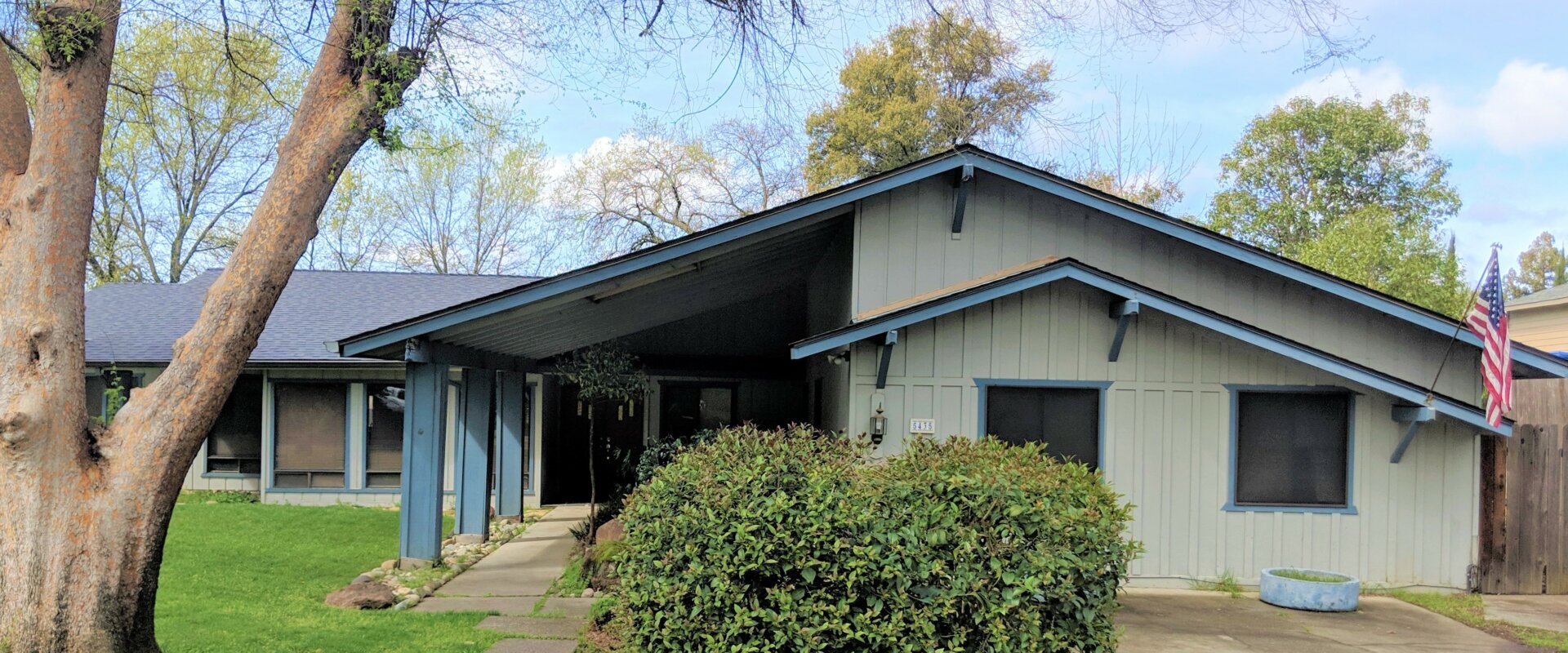
Finding a licensed real estate is the first step many would-be home sellers make. It’s a must-do, right? Well, not so fast. Agents can be a wonderful asset when you’re selling a home, however, working with a Realtor is not the only strategy you should consider. You may also be able to successfully sell your house on your own, saving you time and money. Let’s discuss some of the most common costs of a traditional listing, so you can determine if hiring an agent is the best choice for you!
The Pre-Listing Costs
Before you consider putting your home on the market, take a look at other homes on the MLS. Check out what people are asking for comparable properties and more importantly, look at what comparable properties are actually selling for. How does your house stack up? What reason do people have to opt for your house over the one next door? Buyers want to get the most for their money. This means you will likely have to make some repairs, touch-ups, and upgrades to the home in order to be competitive. Houses that sit on the market lose interest among buyers over time. If the property doesn’t sell, people sometimes assume there is something wrong with it. You need to come out of the gate with a house that wows potential buyers and proves to be an excellent value for the money. If you must make major repairs to remain competitive, can you still afford to pay the agent’s commission?
Agent Costs
Speaking of commission: Agents don’t work for free. Many real estate agents work incredibly hard and deserve every penny you pay them. That said, be wary of those who don’t. While every agreement is different, when you commit to listing with an agent, you also commit to paying their commission, which typically runs about 6% of the final sale price. You will own the agent this amount, even if you sell the property on your own to someone you know. Real estate agents may also charge you for administrative costs, listing fees, marketing, listing sites, photography, and more. Make sure you know exactly what’s included in your listing agreement as no two agents are the same.
The Closing Table
Once the closing date comes around, in addition to paying your agent, you will also have to come up with the closing costs. You can usually estimate this to be approximately 2% of the final sale price. The closing costs include things like appraisal fees, taxes, deed recording, title search, deed recording, credit checks and more. With a direct sale to an investor or other private buyer, all of these costs are covered for you.
Time is of the Essence
When you list your house, you are in a sense, gambling. You aren’t offered any guarantees such as how much you will get or when the house will close by. This can make it difficult to plan ahead and move on with your life. In addition, you will have to continue paying the monthly costs for the home such as insurance, taxes and monthly utilities. An agent can list your house for any price they want, however, that doesn’t mean you will get it. With a direct sale to [comapny], you will be able to know the exact amount you will receive as well as the closing date before signing anything. We aim to make the process as clear and as simple as possible.

